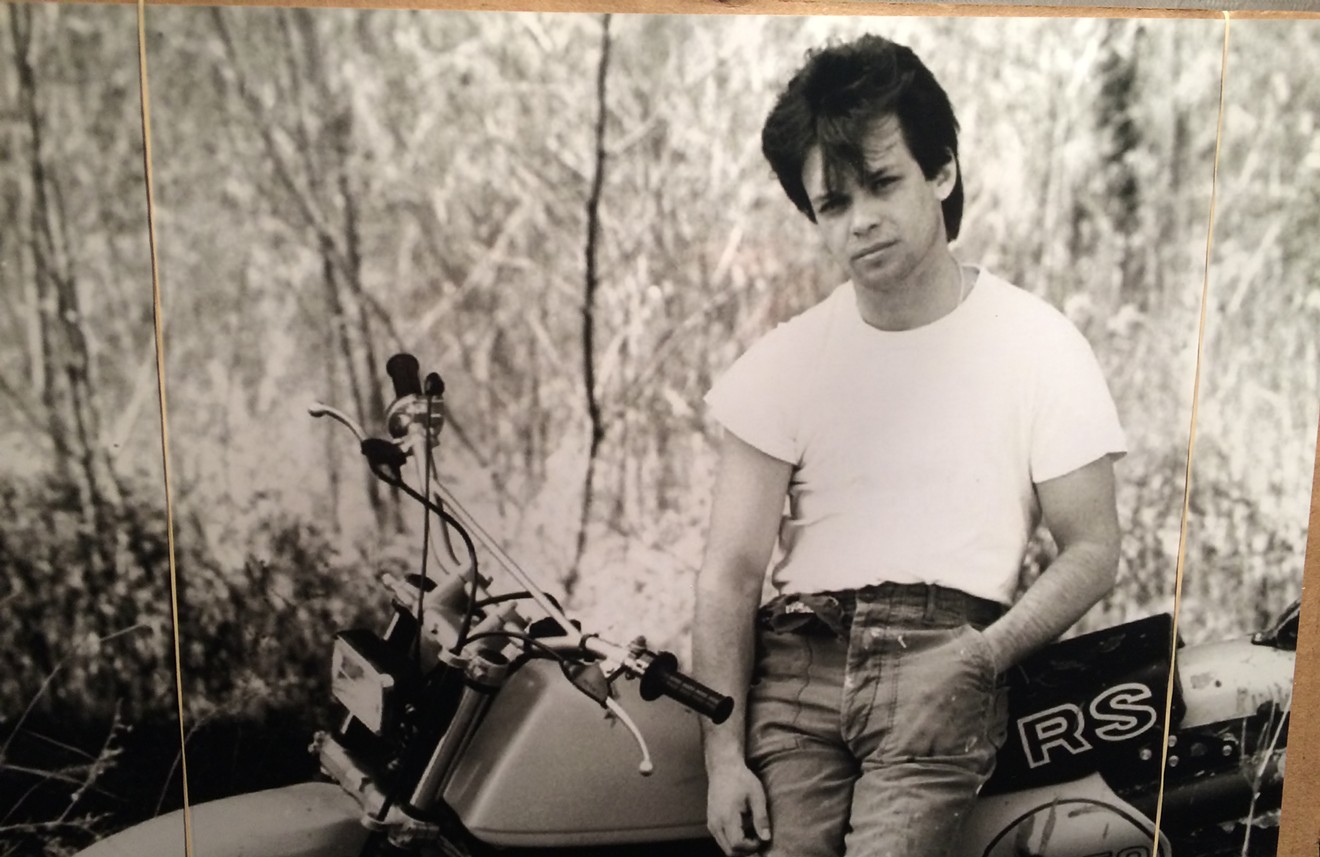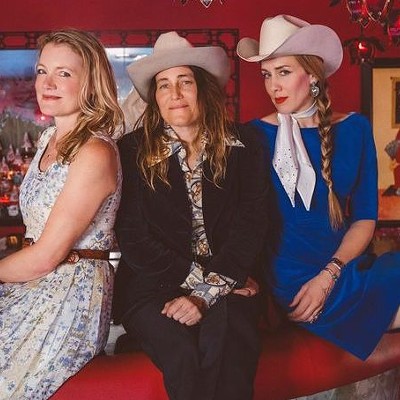His tough-as-nails/loud-as-a-motorcyle-engine persona and songs have helped define an image and put him on the same shelf as Bruce Springsteen, Bob Seger and Tom Petty. Though if you invited them all to a dinner party, it wouldn’t be hard to figure out which one would want to start a fight, even with the host.
Author and music journo Paul Rees has penned books on Led Zeppelin’s Robert Plant and the Who’s John Entwistle, while ghostwriting the memoirs of Toto’s Steve Lukather and UFO’s Pete Way. Mellencamp (out September 14) is the first major biography on the pride of Seymour and Bloomington, Indiana.
Mellencamp first came briefly into consciousness with 1978’s self-penned single “I Need a Lover” (released under the management-driven name “Johnny Cougar”), and then hit big success starting with 1982’s American Fool album. It’s easy to forgot how many hits there are, among them “Hurts So Good,” “Jack and Diane,” “Pink Houses,” “Lonely Ol’ Night,” “Rain On the Scarecrow,” “Cherry Bomb,” “Check It Out,” “Authority Song,” “Crumblin’ Down,” “Small Town,” “Paper in Fire,” “R.O.C.K. in the U.S.A.” and “Pop Singer.”
Interestingly, “Jack and Diane” was originally written as “Jack and Jenny” – and as an interracial couple with Jack being Black. When record company advisers said there’s no way that would get played on the radio, Mellencamp rewrote, taking out any racial references.
Also, the young lovers were originally suckin’ on cigarettes outside the Tastee-Freez instead of chili dogs. Rees also discusses Mellencamp’s “side gigs” as a painter, visual artist, screenwriter, actor and a driving force behind the long-running Farm Aid shows and organization. Many of his songs chronicle blue collar, working class life and dreams.
It’s a fascinating twist to Rees’ work that he’s so brutally honest in the book about what a, well, jerk his subject is. And there’s plenty of interview subjects here to back him up, some of whom worked with the performer for decades.
And that’s consistent behavior whether the artist was a struggling neophyte or world-famous troubadour. In these pages, John Mellencamp is alternately rude, difficult, argumentative, angry, temperamental, aggressive, vainglorious, insulting and bossy beyond belief. It’s one thing to be demanding in the pursuance of artistic excellence in art, another when you’re physically assaulting your own band members in the studio or regularly belittling them in front of others.
Nor is Mellencamp the man ever satisfied. He hates being a nobody, he hates being world famous, and he hates being forgotten. “Well, happy is not a normal way to be,” Mellencamp offers. “If you see some guy who’s happy all the time, there’s something fucking wrong with him. He’s on drugs, or drunk. Happiness is a very small commodity and the idea that we live to be happy is just fucked up. And it’s wrong. We live to work.”
Ouch. Then again, this is the stubbornness level of a guy who didn’t drink or drug, but inhaled coffee, chain smoked up to 80 cigarettes a day (even after having two severe heart incidents) and once consisted on a diet of mostly fried food. As a young man when he gets into a very bad motorcycle accident while speeding and without a helmet, his idea of an F.U. to the cops is to go right back out – with a Tupperware bowl on his head.

At The Bottom Line, New York City 1980: Robert "Ferd" Frank, John Mellencamp, and Mike Wanchic.
Photo by C. Pulin/Courtesy of Atria Books
John Mellencamp made it into the Rock and Roll Hall of Fame in 2008, but Rees skips lightly over the event itself. He also barely mentions one situation that surely had some stories behind it: the MTV-run “Pink Houses” contests—one of the channel’s most famous—where the winner received an actual pink house in Indiana at which Mellencamp and band played a housewarming concert.
For the past two decades, John Mellencamp has stopped making records for general audience and instead released projects that appealed to himself or hardcore fans.
His critical appreciation has grown with this broader, more Americana/roots based projects. There have been more overtly political tunes—his “Rodeo Clown” is about George W. Bush, and he’s recently written about Black Lives Matter.
He and horror writer Stephen King collaborated on a long, long gestating musical theater project Ghost Brothers of Darkland County, which was presented both as a stage version and an all-star album project.
And in 2013 he embarked on a tour of minor league ballparks, sandwiched between opener Willie Nelson and Family and closer Bob Dylan and band. Rees gets some humorous comments from Mellencamp band members who were instructed to and had to sign a form saying they would not be within 250 feet of Dylan…or even look him in the eye!
He also got more political, playing shows in support of both presidential candidates John Kerry and Barack Obama, while getting the John McCain campaign to stop using his music at their events (he supported Michael Bloomberg in the last election). The thrice-divorced performer also had high-profile romances with model Christine Brinkley and actress Meg Ryan.
These days, he’s more likely to be found in front of one of his painting canvases than a studio microphone, his painting life receiving real non-just-rock-star-dabbling accolades. And by all accounts mellowed a bit.
Rees is somewhat coy about what involvement/access he had to his title subject for the book. He clearly places him in the room with John Mellencamp for some segments…but they could have been from older interviews.
It’s only in the acknowledgments that he thanks Randy Hoffman — Mellencamp’s manager — for “clearing the path.” He also quotes from family members and close colleagues who clearly must have had at least some nodding OK to participate from the Man Himself. And promotion for the book will include tie-ins with Mellencamp’s official social media accounts.
Mellencamp will appeal to music fans, but probably also students of psychology as it dissects a multi-faceted music man. In Rees’ final pages, we shows a subject he’s just chronicled for nearly 300 pages as fairly indifferent about his legacy. When asked flat out by Rees how he’d like to be remembered, Mellencamp tellingly pulls yet another cigarette out of the pack, takes a long drag, and answers resignedly “Oh, I don’t give a shit.”
Mellencamp
by Paul Rees
320 pp.
$28
Atria Books









